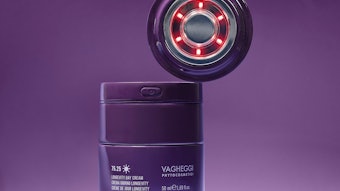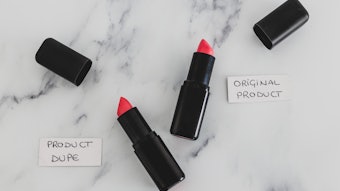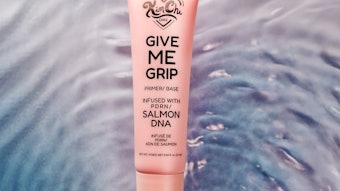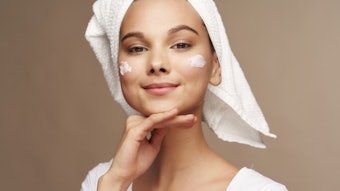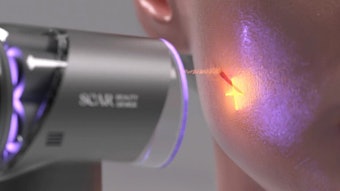A new study on aging and appearance led by scientists from Unilever and Leiden University Medical Center in the Netherlands has discovered that women who look younger than their years tend to have lower blood pressure. This means they have a lower risk of succumbing to cardiovascular disease (CVD), such as heart disease and stroke.
The extensive study set out to determine the strength of the relationship between how old somebody looked—their perceived age—and CVD. To do this, women were placed into groups according to their CVD risk. Those in the group with the lowest risk were found to look over two years younger than those in other groups based on photographs of their faces.
Commenting on the link between female facial appearance and CVD risk, Dr. David Gunn, a Unilever senior scientist, said, “We identified that blood pressure was driving the link between cardiovascular disease risk and perceived age. It is the first time a link between low blood pressure and youthful looks has been proven. This finding gives rise to new ways to communicate the significant additional benefits of a healthy lifestyle. Not only this, but we also found that the feature in the face that blood pressure was linked to was not skin wrinkles but likely what we term as the ‘sag’ in the face. The exciting thing is further investigations will enable exact pin-pointing of the feature in the face that signposts an individual’s blood pressure.”
In a separate finding from the same study, men selected from long-lived families looked younger when compared to a control group of the same age, and women and men from long-lived families had less skin wrinkling on the upper arm compared to a control group of the same age.
This is the first time that youthful appearance has been directly linked to familial longevity and suggests that our lifespan is linked to the rate at which our skin ages.
Gunn added, “Our initial findings suggest that families who age healthily are also endowed with slower skin aging and, for males, a more youthful face. The next stage is to understand what is happening inside the skin of these youthful individuals to find out more about their ageing secrets.”
Dr. Diana Van-Heemst from Leiden University Medical Center said, “It is hoped the results of the study will encourage people to adopt a healthy lifestyle and to regularly monitor important health parameters such as blood pressure as the study shows that these factors not only impact health, but can also affect physical appearance.”
The Leiden Longevity study involves siblings of an exceptionally old age (over 89 years), their offspring and the partners of their offspring as age-matched controls. Over six hundred and fifty offspring and partners took part and scientists analyzed the skin wrinkling severity on the participants’ arms and their perceived ages using a validated methodology involving facial photographs. The results will be used to better understand how appearance can be used to study aging in human populations, which will ultimately lead to personal care and nutritional products and services of the future.

